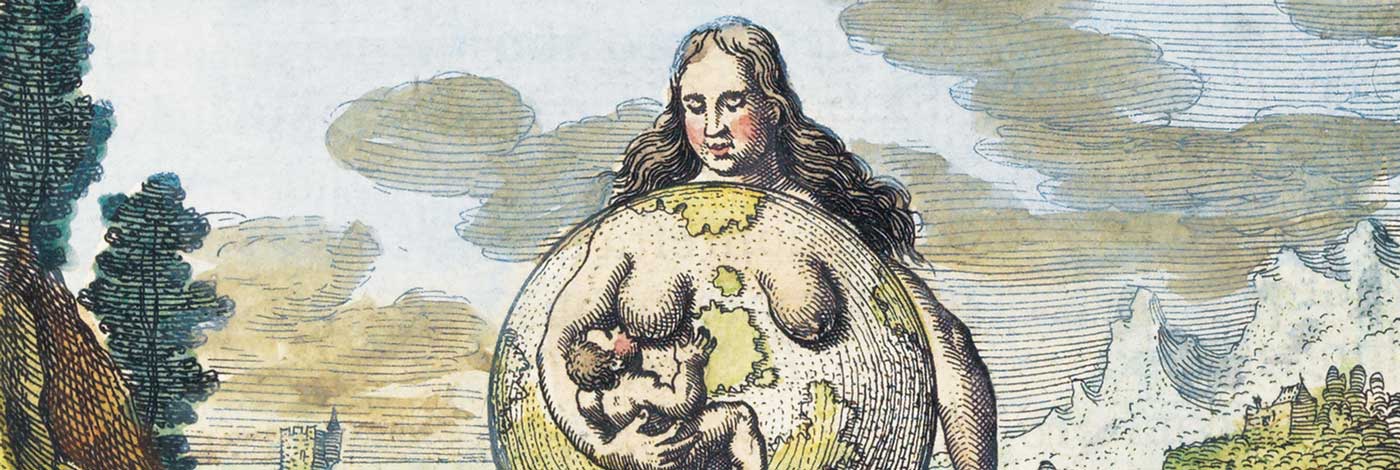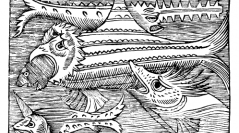

 Anthropozoologica
53 (4) - Pages 67-71
Anthropozoologica
53 (4) - Pages 67-71The present article is dedicated to the analysis of the representation of marine animals and marine monsters in the oldest Polish chronicle, namely the Chronica et Gesta ducum sive principum Polonorum, written between 1112 and 1116 by an anonymous author traditionnaly refered to as the Gallus anonymus. Marine animals and marines monsters occupy a modest place in this work since they appear mainly in two fragments, that is to say in the song allegedly sang by the Polish soldiers after the conquest of the Pomeranian town of Kołobrzeg, and in one sentence in which the anonymous writer compares the Czech soldiers to marine monsters. However, and despite this small place on the quantitative level, it is worth noticing that this representation is fully integrated to the narrative structure of the work, since the verses concerning the consumption of marine fishes aim, just like the whole song on the conquest of Kołobrzeg, to celebrate the reconquest of coastal regions by Boleslas “Wrymouth”, where the different mentions of marine monsters wish to underline the courage of the Polish ruler and his soldiers. The presence of marine animals and marine monsters contribute to the fullfilment of the chronicle’s main goal, which is to celebrate the glory of Boleslas, and this inclusion of marine world in the Polish duke’s panegyric seems to suggest that even the sea was submitted to Boleslas’ good will.
Poland, chronicle, Gallus anonymus, marine monsters, marine animals.